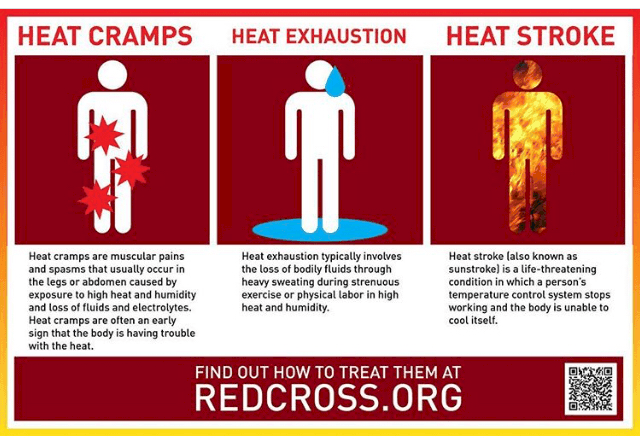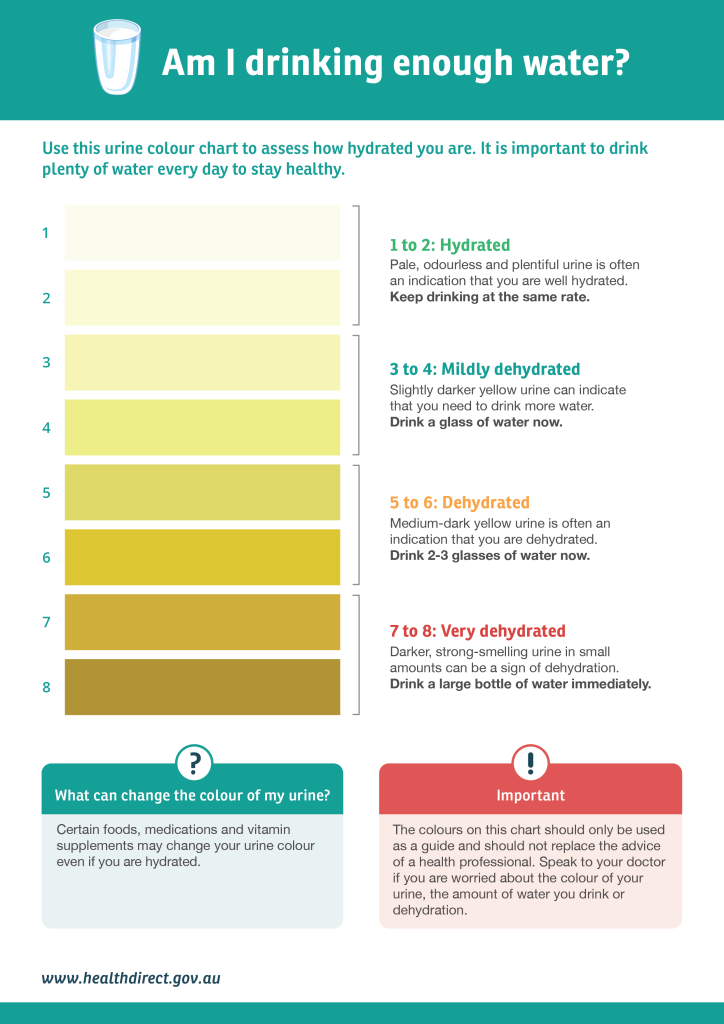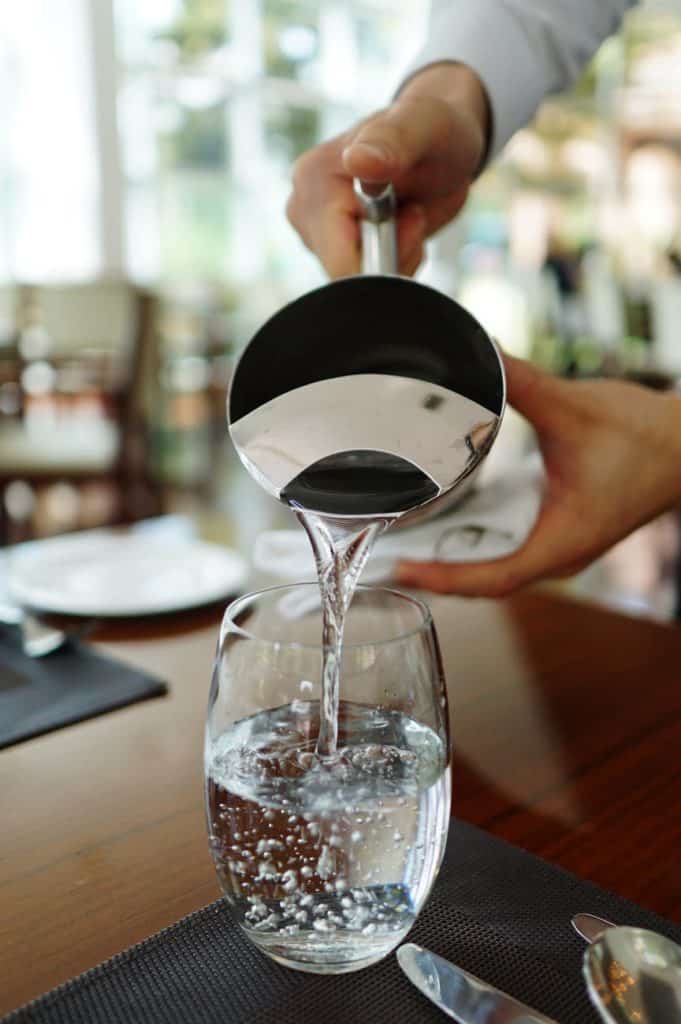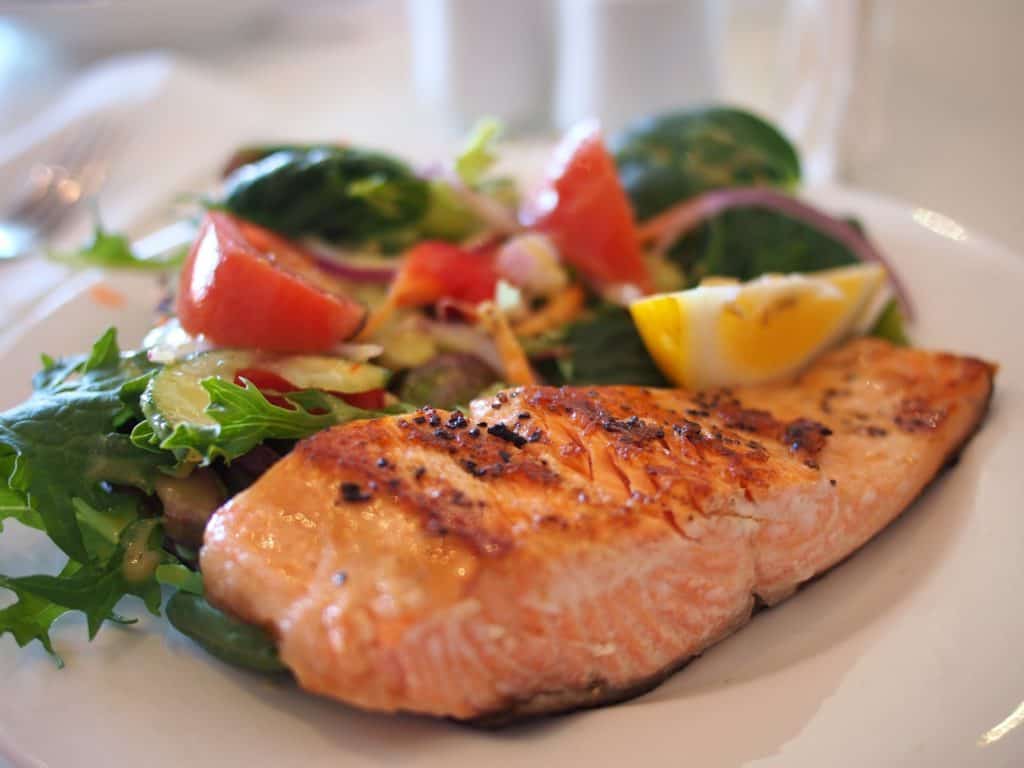News Flash: You’re Probably Dehydrated
And it’s probably wrecking your body. If you are like most people today, especially those of us in western societies, you are probably dehydrated. Don’t feel too bad about that statement. 75% of Americans are considered ‘chronically dehydrated.’ While that is a horrible statistic, it points to how the western lifestyle has degraded the overall populations ability to know when we need to drink more fluids. Since we lose fluids throughout the day, it’s a recipe for disaster that can be avoided if we just drink plenty of water.
While it is common knowledge that living in a caloric deficit helps to lose weight (usually bringing along some good benefits), living in a dehydrated state can lead to a whole host of problems. Problems such as circulatory issues, a ‘slower’ metabolism, difficulty regulating body temperature, and issues with removing waste from your body can all stem from a ‘water deficit.’ Worse, severe dehydration symptoms can lead you in the hospital!
You Are Water

People are made up of about 60% water. That ‘simple’ combination of hydrogen and oxygen atoms is used by your body to perform tons of tasks and functions every second of your life. It is in every cell, organ, and tissue within your body.
Proper Hydration Does All That?
Water helps to protect your joints, support tissues, digest your food, and transport nutrients throughout the entirety of the physical ‘you.’ It plays an enormous role in overall health, with numerous health benefits that accompany proper hydration.
- Prevents dry mouth: Saliva production helps break down food as you are chewing it, leading to a more efficient digestive tract from the start. As an added benefit, it helps wash food and germs out of your mouth which helps control bad breath!
- Promotes cardiovascular health: When you are well hydrated, your heart doesn’t have to work as hard to pump blood.
- Keeps you from overheating: Sweat is your body’s way of reducing heat and cooling itself down.
- Helps joints remain in good shape: Water is the base for lubricants in your joints, without which the cartilage in your joints would suffer damage.
- Keeps skin supple: Water hydrates your cells, making them look more full, moisturized, and healthy looking.
- Works to cleanse your body: Helps to break down food and nutrients so your body can absorb them. Additionally, it has a role in softening stools and removing excrement from the body.
Am I Dehydrated?
The moment your body loses enough of the water it needs to function, or salt levels in the body are too high, your brain triggers the thirst mechanism. This is a natural reaction meant as a way to make you seek out water. The implication here is that once you feel thirst, you are already at the early stages of dehydration. As long as you consume some fluids, you should be fine.
While thirst is generally a reliable benchmark to measure dehydration, it isn’t always a surefire way to tell these days. There is evidence that the modern western diet has weakened our collective thirst mechanism to the point that we don’t always recognize when we are thirsty; or at least weakened it to the point that even though we know we need water, we aren’t in enough discomfort to force us to head over and pick up something to drink.
To Add To The Mix…
If that sounds bad, add in this additional layer of complexity. Sugary foods and beverages may also alter the brains concept of thirst.
Here is the premise. The majority of people today pick up a soda, beer, or sugar based beverages like Iced Tea and fruit juice, right? Since water is calorie free, your body expects a calorie free beverage when it is thirsty. When you drink calorie laden beverages, it is quite possible that your brain almost gets ‘rewired’ into thinking you are consuming food due to the high amount of calories in whatever you are consuming.
If your brain thinks you eat when it tells you that you need to drink water, it is possible that your brain starts to blend the thirst mechanism into hunger signals. It makes sense if you think about it. To the body, we weren’t giving it what it wanted, so it changed its approach to get what it needs. Our bodies have been known to do weirder things in the name of survival, after all.
Whether it turns out true or not, people as a whole should put down the sugary beverages and drink more water. It’s natural, healthy, zero calorie (unless you add something to it), and plays a major role in how your body works.
Need some help?
Shape Success, Live Exceptionally
Hit that button, and get started today.
When Do You Lose Water?
You lose water every moment you are alive. It escapes when you breathe, sweat, or digest foods, among other things. You can control (to an extent) how much water you are losing in some ways. Exercising in a cold room may reduce sweating, for example. However, other ways you lose water can’t be controlled.
Climate Plays a Role

Hanging around in certain climates can rip fluids out of your body, whether it is a sandy desert or wandering the arctic. Dry environments are famous for their mummies, which is essentially a body whose fluids were not replenished for obvious reasons and the air around them pulled out whatever was left. Over time they dried out and were preserved due to the extreme dryness of the climate.
That same effect happens to the living when we do not consume enough fluids while wandering around in exceptionally dry environments. You don’t have to sweat in the desert to dehydrate. You might not even sweat at all while in the desert but simply breathing in a dry climate provides an escape for water from your body. The dryness is a silent killer when left unchecked. I have seen it first hand.
Even cold weather can pull the moisture right out of you if it is dry enough. Many people suffer from dry hands in the colder months because of the low humidity. Winter is also a time when people tend to consume less fluids because of the temperature, and that can play into winter dehydration.
Nature always seeks an equilibrium, which is why dry air will try to pull moisture out of anything it can, including you. The decrease in humidity can silently rob you of moisture, and quickly too!
Sickness Seems Like An Obvious Source Of Dehydration
Illness is another way your body loses a ton of water. When you get a bad case of tummy rumblies or wake up the morning after a long night at the bar, you will probably lose a lot of water that needs to be replenished. Hence, the post drinking headache.
Pro Tip: Having a glass of water between each beer will go miles in keeping away that hangover.
Stages of Dehydration
Running low on water is no joke. Considering how many people are already chronically dehydrated (stage 1), it is vitally important that you consume enough water to replenish what you lose daily. Let’s have a closer look at the stages of dehydration:
- Stage 1: Thirst. At this point you have lost about two percent of your body weight in water. The body begins to try and cling to moisture. Your urine becomes darker, blood gets a bit thicker, and your cardiovascular system has to pump harder to keep your circulation moving.
- Stage 2: Fainting. About four percent of your body weight in water lost. Your skin begins to shrivel up and your blood pressure drops. You faint.
- Stage 3: Organ Damage. Roughly seven percent of the body’s weight in water has been lost lost. Your body stops pumping blood to non-vital organs. This leads to damage in those organs from oxygen and nutrient deprivation. Waste begins to accumulate in your cells, tissues, and blood. It’s going to be a bad day, no matter what.
- Stage 4: Death. At this point you have lost about 10 percent of your total body weight in water. Your body will overheat if it isn’t cooled down. Liver failure. Bad news.
Problems Associated With Not Drinking Enough Water
Risks associated with dehydration are enormous.
Beyond the risks to your existence, dehydration drags your performance down into a pit of mediocrity. I’m talking impaired focus, mood swings, and an energy crash that makes you feel like a zombie.
Those muscles you’ve been working on are banished to the land of cramps and breakdowns. Why? Because your blood thickens, forcing your heart to pump harder.
To keep going, it screws with digestion causing constipation, toxin build-up, and an open house for illness and disease.
Heat Sickness
Heat sickness occurs for various reasons and in differing circumstances, manifesting differently at each level and in each case. It can almost always be avoided by wearing proper clothing, acclimatizing to the local environment, stopping exercise when your body says to stop, and drinking plenty of fluids (especially water).

Heat Cramps
When you are exercising in high temperatures or really just going for all out exertion, you might encounter heat cramps. They aren’t fun by any means, but generally do not have any permanent impacts. Usually, heat cramps have some combination of extreme sweating, fatigue, thirst, and (of course) cramps. These symptoms are normally enough to slow you down quite a bit and get some rest before continuing on what you were doing. Drinking plenty of water or Gatorade type beverages before and during exercise or while in hot environments will help you out here.
Heat Exhaustion
Heat exhaustion is the next stage in heat related sickness and can be seen manifesting through symptoms such as: headache, nausea, dizziness, cold/moist skin, and cramps. It is more severe than just heat sickness and can be remedied in much the same way as heat cramps can: plenty of fluids and rest. Getting people into a cool place will help as well.
Heat Stroke
Heat stroke is an incredibly severe problem that people face when exercising in high temperatures or through prolonged exposure to hot weather. Your body reaches fever-like temperatures over 104 degrees, stops sweating, and all around bad things happen. People become confused, unconscious, and weak. Often those suffering from heat stroke will have faster heartbeats and breathing than normal. At this stage, you NEED medical attention. Immediate cooling measures have to be taken to reduce temperature while waiting on help to arrive.
How Much Should You Drink?

I am sure we have all heard the old ‘8-10 glasses a day’ recommendation pushed at us from our youngest days, but is it entirely accurate? Like the BMI scale, it probably isn’t accurate in all cases. Activity levels, age, climate, and lifestyle all play roles in how much you should drink. You, and you alone, must figure out how much to drink. As gross as it sounds, measuring your urine against this chart is a good way to see how close you are and then adjust:
As an additional note, HOW you drink water could be just as important as how much water you drink. Your body absorbs water much easier when sipped slowly over time than it does downing half a gallon in one sitting. Doing the latter generally puts you in the bathroom 15 minutes later or so (and every 5 minutes afterwards!). Sipping water has a much better probability of being absorbed and utilized by the body, leading to better hydration levels.
But it Tastes Bad!
Some of us love the taste of water. Cold. Warm. Room temperature. It doesn’t matter to us. We swear by plain water and rarely drink anything else. Others absolutely hate the taste of water. You might find it bland, gross if not at a perfect temperature or from a specific source, or otherwise just boring beverage. Luckily for you, today there are tons of ways to consume the amount of water you need to consume without hating the flavor of pure water or needing the perfect temperature.
Some easy ways to give that cup of water some flare might be:
- Add a slice of lemon or lime
- Pour in a small bit of grape or cranberry juice
- Make a cup of hot tea with minimal additives (sugar, milk, etc.)
- A few drops of any water flavorings made solely for flavor (Mio, Propel, etc.)
Don’t be a statistic
There is almost no excuse to be dehydrated in today’s world. Flavorings exist if you don’t like the natural flavor of water. You can pull water right out of the tap, through a filter, or buy it in bottles. Lots of public parks and most public buildings have a water source available. It isn’t hard to find. We just need to consume it more often. It will do wonders for your overall health in the long run, as well as your next workout.
When used alongside a good diet, proper hydration can push your results into overdrive. But, when not taken care of properly severe dehydration symptoms will land you in some pretty bad places.
Drink your water. It’s part of the daily game plan I tell all my clients.
Let Us help You Out
At CONDITIONerd we are here to help you achieve better physical and mental health through exercise. Check out the plans we offer to our customers and see if you could benefit from working with our team. And if you have questions, you can always contact a CONDITIONerd team member.
Personal trainers, like those found here, can help guide you on your pathway towards reaching your fitness goals, whether that is getting bigger, stronger, faster, more lean, or just generally feeling better.
We can get you setup with a periodized workout plan, supplement information, and advice on nutrition to help you reach your goals.
The only thing you need is some motivation and a willingness to change some old habits.


